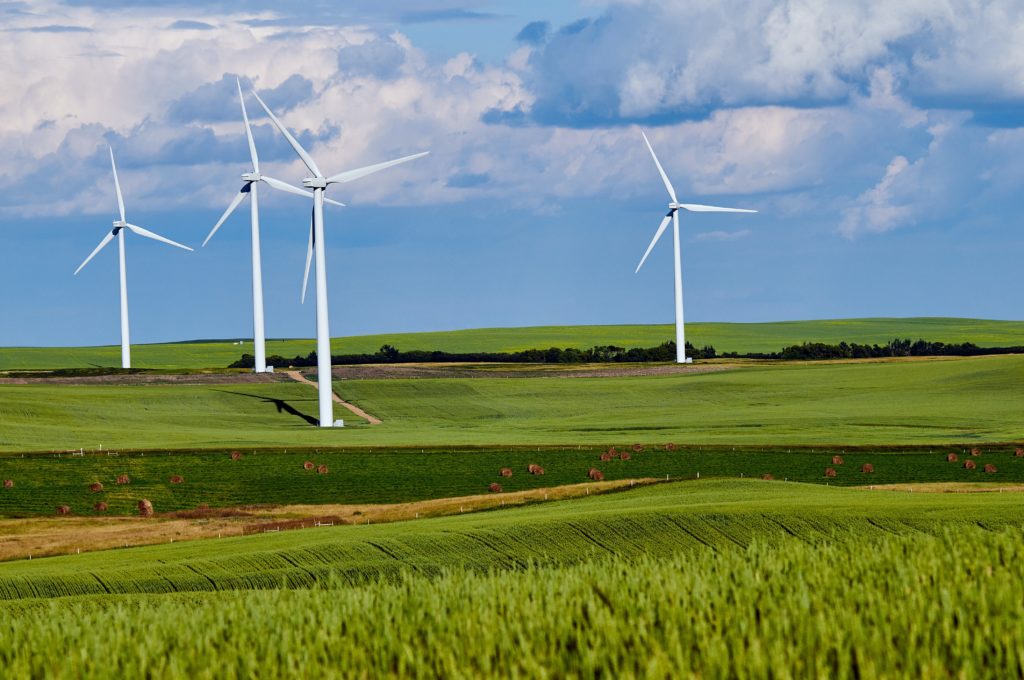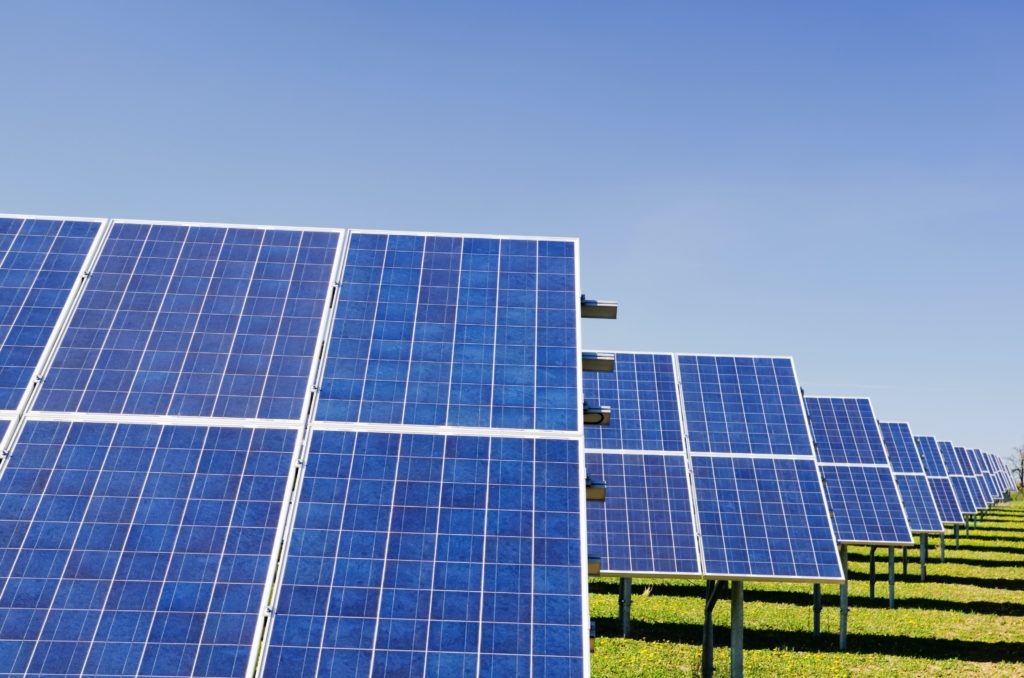Do you want to apply for a residence permit in the European Union for a profitable investment? Portugal provides an opportunity to obtain a residence permit for investments in organic agriculture, ecotourism, renewable energy, and other environmental projects that help reduce carbon dioxide emissions and slow climate change.
Portugal for Immigration
The country’s economy is stable and developing, the Portuguese WFP is growing, and the unemployment rate, according to economists, is decreasing. The investment climate is also well developed. Besides, Portugal has a fairly high standard of living, which is made up of many factors, such as a mild climate, access to health care, and education
.
Get the Residence permit in Portugal: Green visa
Portugal has expanded the list of investment options under the local scheme for issuing “golden visas” to wealthy foreigners, including the possibility of obtaining a residence permit when investing a significant amount in environmental projects.
“Green visas” were offered by the local party “People-Animals-Nature”. Conditions for issuing green visas approved by lawmakers:
Foreigners will be eligible for residency in Portugal if they invest at least
€ 500,000 (the US $ 575,000) in organic farming, ecotourism, renewable energy, and other environmental projects that reduce carbon dioxide emissions.
To obtain green visas investors will have to invest in non-intensive organic agriculture and projects that strengthen and actively contribute to the implementation of the Portuguese roadmap to neutralize the carbon footprint. They will also be able to make investments focused on energy consumption from renewable sources and finance projects that ensure high energy efficiency standards.
Previously, investors already had access to an already wide range of investment options, including opening technology companies and creating jobs in the host country, as well as obtaining a residence permit for real estate in Portugal, when buying which one should take into account various tax aspects.
According to experts, the new investment option should be no less promising than obtaining a residence permit for real estate in Portugal, since this country has a high potential in the development of alternative energy.
Watch also: D7 Visa to Portugal Based on Passive Income
Portugal’s Eco plan for 2050
In December 2018, the Portuguese Ministry of the Environment presented a new plan to achieve carbon neutrality in the country by 2050 – the so-called “Roteiro para a Neutralidade Carbónica 2050”.
The document stipulates that by 2050 Portugal will meet 100 percent of its total electricity demand from renewable energy sources, which will reduce CO2 emissions by 85–99 percent compared to 2005 levels.
Portugal is expected to achieve carbon neutrality by 2050 by implementing measures related to increasing the electrification of the economy to 65 percent, generating solar energy, reducing industrial greenhouse gas emissions by 70 percent, and reducing urban waste by 25 percent.
As an interim target, the plan includes meeting 80 percent of the country’s total electricity demand from clean renewable energy sources by 2030.
The Portuguese energy sector is now 75 percent dependent on energy supplies from abroad. It is expected to be 65 percent in 2030 and 17 percent in 2050. Oil utilization, which now exceeds 65 million barrels per year, is not expected to exceed 10 million in 2050.

The most promising industry
Solar energy has a key role to play in transforming the country’s energy sector over the next three decades for several reasons, chief among which is the fact that it is currently underdeveloped in Portugal.
As of the end of September last year, the total registered to generate a capacity of alternative energy systems in Portugal reached 13.83 GW. According to the Directorate General of Energy and Geology of Portugal (DGEG), hydropower accounted for the largest share, at about 7.1 GW, followed by wind power (5.34 GW).All suggestionsGive yourself a pat on the back!



